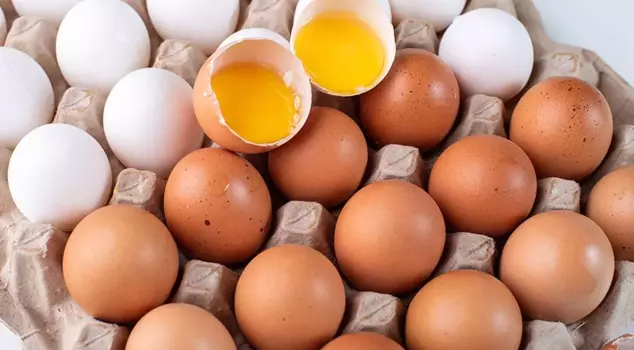
29.07.2025 13:37
The Ministry of Agriculture and Forestry has made a new regulation to prevent waste in eggs. From now on, labels will feature "recommended consumption date" instead of "expiration date." The shelf life of table eggs has been extended from 21 days to 28 days.
The Ministry of Agriculture and Forestry has made a radical change in table eggs to reduce egg waste. With the new Regulation published in the Official Gazette, the "Expiration Date" will no longer be included on egg labels. Instead, consumers will see the "Recommended Consumption Date."
CONSUMPTION PERIOD EXTENDED FROM 21 DAYS TO 28 DAYS
With the new regulation, the period that table eggs can remain on supermarket shelves after production has been increased from 21 days to 28 days. However, after this period, the eggs will not be used on tables but only in the production of industrial egg products.
4-DAY CONDITION FOR "EXTRA FRESH" EGGS
The regulation has also introduced special conditions for eggs that will be sold as "extra fresh." Accordingly, it has become mandatory for eggs in this category to be classified, labeled, and packaged within a maximum of 4 days from the date they were laid.
HOW TO DETECT STALE EGGS?
With the removal of the expiration date expression, citizens have turned to practical methods such as the water test to determine the freshness of eggs.
In this method, which can be easily applied at home:
- A large container is filled with cold water.
- Optionally, 1 teaspoon of salt is added.
- The egg is placed in the water, and the result is observed:
- If it sinks: The egg is fresh.
- If it stays in the middle: It has started to lose its freshness.
- If it floats: It is stale and should not be consumed.
This method allows for freshness control without breaking the egg.